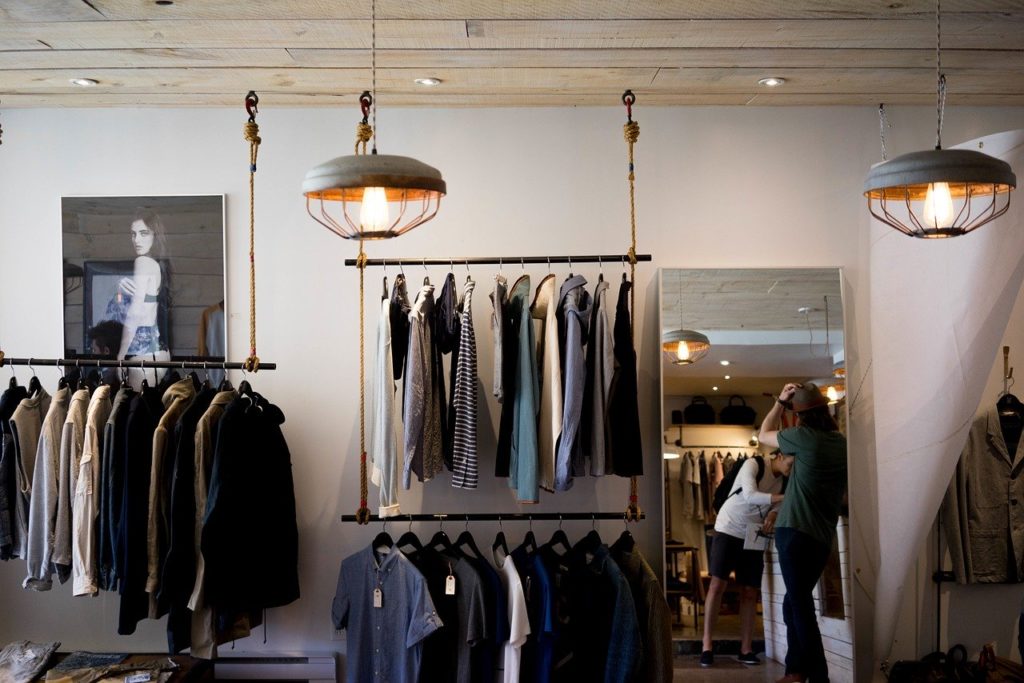Luxury travel takes many shapes, but many people think the term only refers to a vacation at a sumptuous resort where guests can completely relax, with every want and need taken care of. However, travelers are beginning to redefine what luxury means to them, and in the process, changing the dynamic of luxury travel.
More and more, luxury is now based on the customer’s personal view of the luxury experience, versus stereotypical luxuries such as limousines and butlers—though these certainly have their place. While material comfort will always remain a part of luxury travel, brands are putting more focus on personalizing the guest experience, to make it more meaningful to the customer and increase loyalty.
Travelers are Demanding Unique Luxury Travel Experiences
Modern travelers are craving personalized experiences and looking for ways to make everything they do meaningful. While everyone loves to be treated like royalty, luxury services have traditionally used a one-size-fits-all approach that is based on mass market research and little consideration of sub-groups of luxury travelers. This viewpoint is shifting, and consumers are increasingly looking for brands that aim to provide a luxury experience that goes deeper.

Activities and experiences for guests are increasing in popularity. Luxury destinations are reflections of the culture and/or natural environment surrounding them, and if they can offer activities that help guests tap into this, the result is more a rewarding travel experience and more satisfied guests. After all, people remember experiences—the friends and family they spent time with, the emotions they felt, and the memories they made—more than physical details like a nicely decorated room and luxury toiletries. Again, these physical comforts are important, but insufficient on their own for creating a luxury travel experience that breaks out of the cookie-cutter mold.
One way to increase personalization is simply to remember guest preferences and cater to them on their subsequent visits. For example, customer relationship management (CRM) software can help hotels create a truly personal experience by storing a customer’s preferences—so that when a guest returns, their room will be set at the exact temperature they prefer and a chilled glass of their favorite wine will be waiting for them. These thoughtful touches aren’t difficult to provide, and they show the guest that they aren’t just another customer.
Transformational Travel
Transformational travel is defined as travel that offers an experience that influences change in the guest’s daily life after they return home. In the words of the Transformational Travel Council, this involves “traveling with intention, openness, and mindfulness…engaging in challenging physical and/or cultural experiences.” Think of experiences like luxury yoga and mindfulness retreats, glamping expeditions in remote wilderness areas, a high-end safari, or an in-depth culinary tour of a foreign city. This form of travel is growing among millennials; this generation of travelers is the forefront of the shift toward valuing experiences over tangible goods.
Luxury Volunteer Vacations
One niche under the transformational travel category is luxury volunteer vacations—sometimes called voluntourism. Providers of luxury volunteer vacations offer high-end, comfortable lodgings and arrange for guests to take part in service projects, like building a trail, helping with a local nonprofit, or even tutoring people in English language skills. The goal is to allow people to use their vacations to give back, while still enjoying some comforts. These trips are becoming increasingly popular with both solo travelers and families. For solo travelers, a volunteer-based trip offers a convenient way to meet people and do some good. Meanwhile, families enjoy volunteer trips as a way to spend time together and teach children valuable lessons.
Positive Luxury: Brands with Ethics
Millennials are more likely than other generations to support businesses that align with their beliefs, but research shows that travelers of many ages and demographics also want to patronize businesses that share their values. When luxury brands can define themselves in terms of their values or mission, they can increase customer loyalty.

Consumers are savvier now—they demand more transparency about their favorite brands, and they want to know what’s going on beyond the surface. What a company or brand supports or does not support is becoming a more important part of the decisions that luxury travelers make. At the same time, social media has provided a way for consumers to stay connected to their favorite brands, and this can be a powerful tool for brands to communicate their values and make connections with followers. While some luxury travel brands are taking the steps needed to keep up with this trend, many more need to follow if they want to stay competitive.
The Future of Luxury Travel Is Changing
Luxury travel will never completely change. It will always be a high-end alternative to traditional travel, but brands can take their businesses to new heights by focusing on the personalized customer experience. Catering to guests who value more immersive experiences will take the luxury travel industry in a new, exciting direction.
